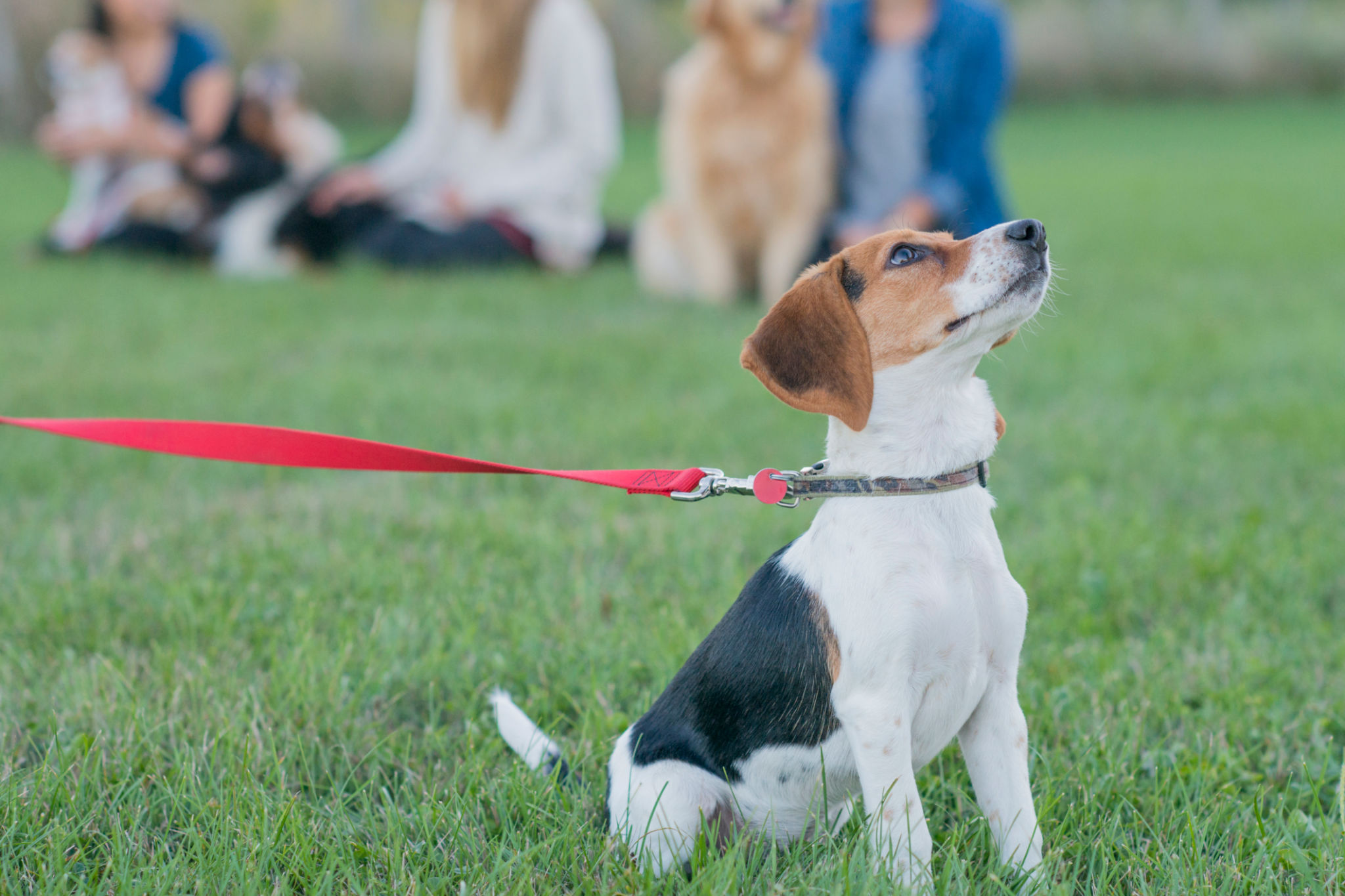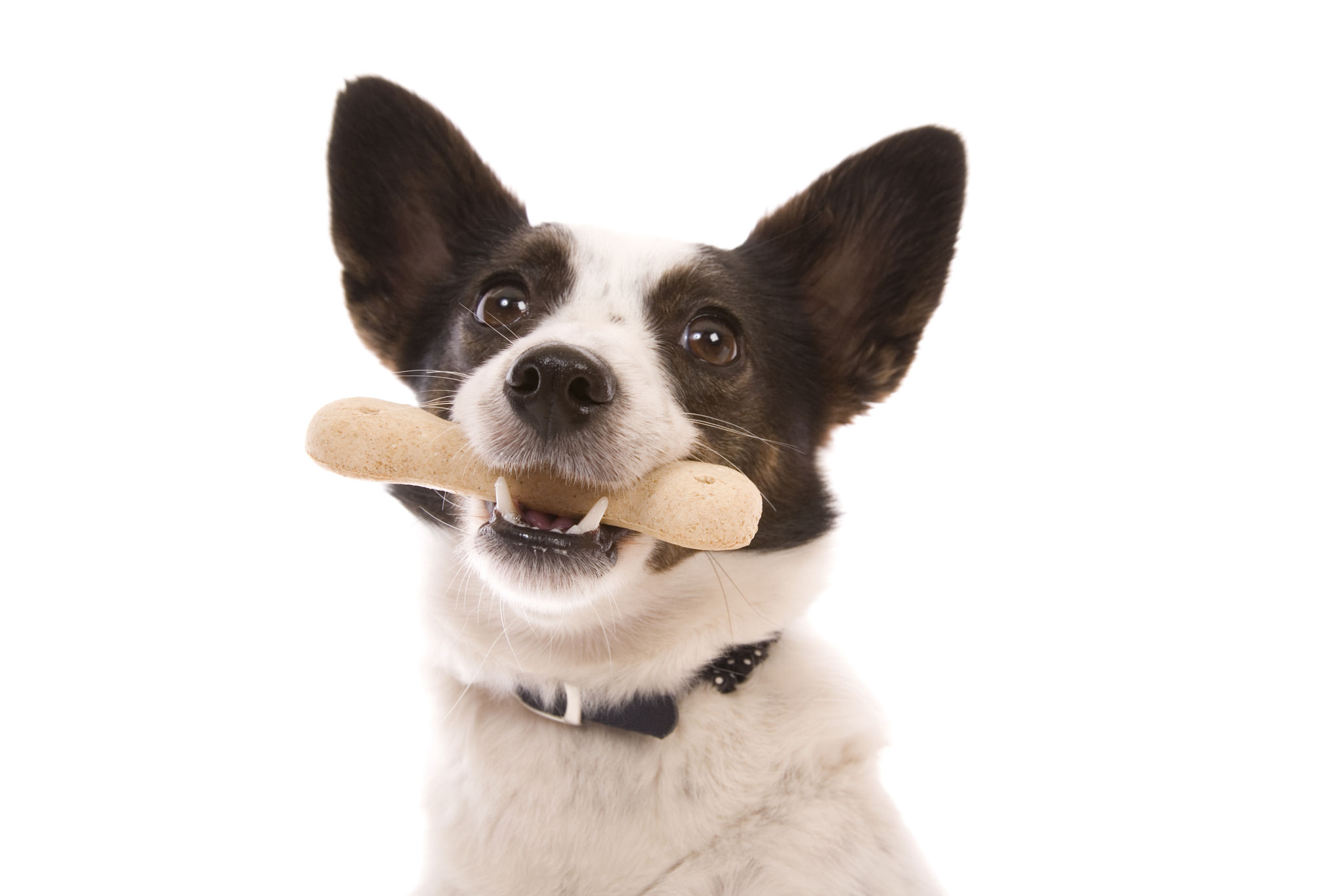The Science Behind Tailored Dog Behavior Programs: What You Need to Know
Understanding Tailored Dog Behavior Programs
When it comes to improving your dog's behavior, a one-size-fits-all approach is often not effective. Tailored dog behavior programs are designed specifically for individual dogs, taking into account their unique personalities, needs, and environmental factors. This personalized approach ensures that the training is as effective as possible, creating lasting and positive changes in behavior.

The Role of Canine Psychology
Canine psychology plays a pivotal role in the development of tailored behavior programs. By understanding the psychological needs of dogs, trainers can create strategies that align with how dogs perceive and react to their world. This knowledge allows trainers to employ techniques that will resonate with the dog's natural instincts, fostering a more cooperative and less stressful training experience.
Each dog has its own way of learning and reacting to various stimuli. Recognizing these patterns helps trainers to adapt their methods, ensuring a more customized and effective approach. Addressing a dog's specific fears, anxieties, or socialization issues can drastically improve outcomes.
The Importance of Environment
The environment in which a dog is raised and lives can significantly impact its behavior. A tailored behavior program considers these environmental factors—such as living space, family dynamics, and daily routines—to provide a comprehensive plan that works within the dog's everyday life.
For instance, a dog living in an urban setting may require different socialization strategies compared to a dog in a rural area. By understanding these environmental nuances, trainers can develop a program that is more applicable and therefore more successful.

Behavioral Assessment and Data Collection
A critical component of tailored behavior programs is thorough behavioral assessment. This involves observing the dog in various situations to gather data on its responses and interactions. Trainers use this information to identify triggers and design interventions that address specific issues.
Data collection doesn't stop after the initial assessment. Continuous monitoring allows trainers to adjust programs as needed, ensuring they remain effective as the dog progresses. This dynamic approach is essential for achieving long-term behavioral change.
Incorporating Positive Reinforcement
Positive reinforcement is at the heart of many successful tailored behavior programs. By rewarding desired behaviors, trainers encourage dogs to repeat those actions. This method not only builds trust between the dog and trainer but also makes the learning process enjoyable for the dog.
Using treats, praise, or playtime as rewards, trainers can effectively communicate what behaviors are expected. Over time, this approach leads to consistent improvement and a happier, more balanced pet.

The Benefits of a Personalized Approach
Tailored dog behavior programs offer numerous benefits over generic training methods. They provide a targeted approach that addresses specific issues, leading to faster and more sustainable results. Additionally, they help to strengthen the bond between pet and owner by creating a deeper understanding of the dog's needs and behaviors.
Owners who invest in personalized training often find their dogs are not only better behaved but also more confident and relaxed. This holistic improvement in well-being can enhance the overall quality of life for both the dog and its human companions.
Choosing the Right Program
When selecting a tailored dog behavior program, it's important to choose a qualified professional with experience in personalized training methods. Look for trainers who are certified and have a proven track record of success with similar cases.
Consultations are often a great way to determine if a particular trainer's philosophy aligns with your goals for your dog's behavior. A good trainer will be happy to discuss their methods and how they plan to tailor them to your dog's specific needs.
